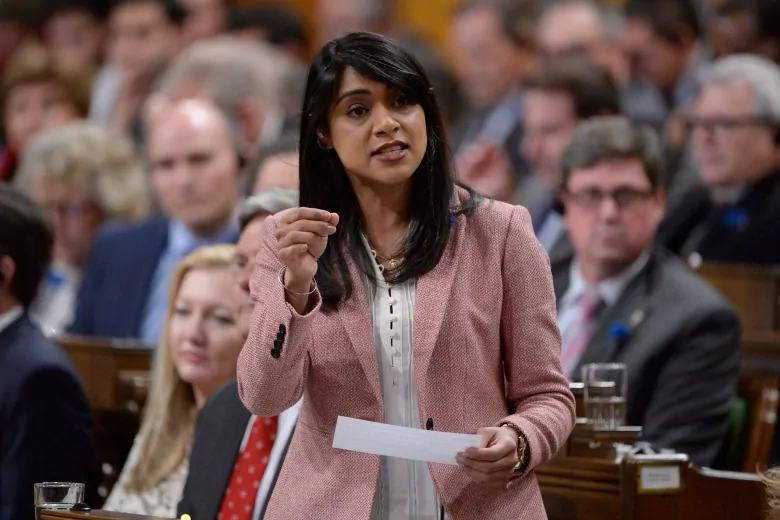Potential partners and participants in the Canada Student Service Grant program are questioning how money from the $912 million student summer grant program was being spent by WE Charity, and whether the programming would have provided meaningful experiences for student volunteers.
Potential partners and participants in the Canada Student Service Grant program are questioning how money from the $912 million student summer grant program was being spent by WE Charity — and whether the programming would have provided meaningful experiences for student volunteers.
CBC News has been shown documents that WE Charity created as part of its role as program administrator and funds distributor. Before it withdrew from its $19.5 million contract to administer the program, WE was partnering with charities and non-profit organizations to put the student volunteers to work. Teachers were also sub-contracted to both recruit and supervise groups of students from their communities.
The program set aside money for training and supervising the students, based on the number of students who signed on — a financial incentive for the charities and teachers to get as many students involved as possible.
Teachers picking up this extra contract work to supplement their regular public salaries this summer were to receive $12,000 for recruiting 75 to 100 students. In rural areas, they’d only need to supervise 55 students for the same amount of money.
In a statement issued to CBC News Monday, WE said the primary role of these teachers was to support students from lower socioeconomic backgrounds, or to recruit students in parts of the country with fewer volunteer opportunities.
Many charities have seen their regular programming and fundraising significantly disrupted by the pandemic and have been forced to lay off staff, making it difficult for them to welcome new student volunteers. That’s why up to $5 million of the program’s budget was earmarked to give organizations the capacity to train and supervise volunteers.
But charities appear to have been offered different amounts of money to supervise similar numbers of students.
WE said the funds were being allocated among the 83 organizations that had signed up to take volunteers, based on each organization’s reach (local versus national) and its ability to engage “target populations,” which were defined in terms of regional diversity and whether the participants were visible minority individuals or Indigenous.
Different sums for different charities
WE was collecting information about the ethnicities of students applying for the grant.
CBC News has been shown an email to a smaller charity. In it, a WE representative tells the charitable organization it could receive “up to $10,000” for supervising at least 100 students for a minimum of 100 hours.
Meanwhile, another larger charity that was talking to WE about participating was told that it could receive $25,000 to host 100 students, or up to $100,000 in program funding if it could scale up to take 400 volunteers.
CBC News is not identifying the charities or the individuals who provided this information because they remain interested in hosting student volunteers this summer. Operational responsibility for the grant has transferred to the government, but the program has not been cancelled — even if it has stalled for now.

Danielle Keenan is a spokesperson for Bardish Chagger, the youth minister who is responsible for this program. Keenan told CBC News Monday that the government is still working diligently on a transition plan which, among other things, will determine what happens with partners and subcontractors who’ve already signed on to the program. Chagger said earlier this month her department wanted to proceed in a way that has as few adverse impacts on students as possible.
WE told CBC that it has strongly recommended that the work begun by the partners it contract

